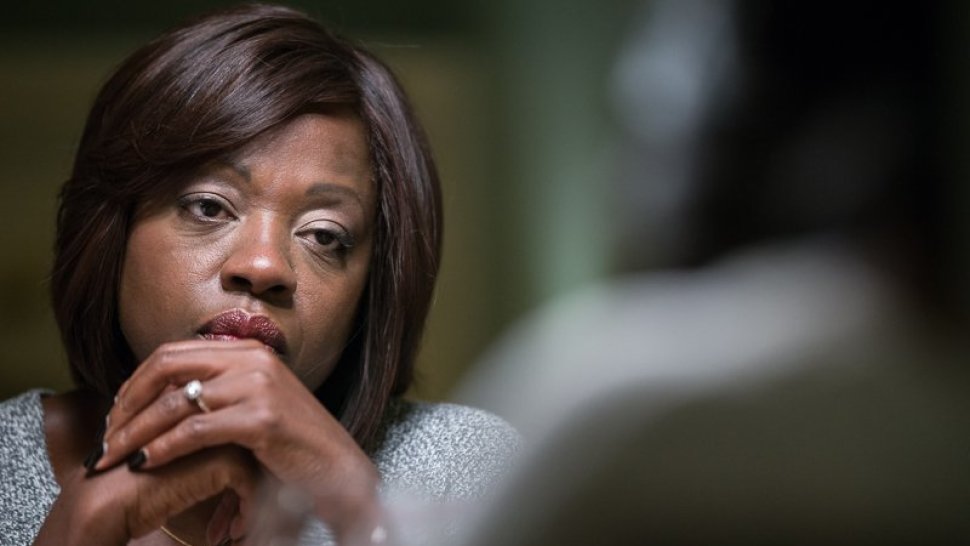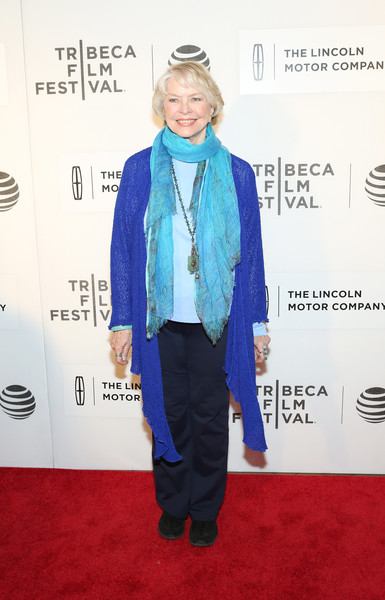Team Experience is at the Tribeca Film Festival. Here's Manuel on "Custody".

"I wanted to have the film center on female characters." That was James Lapine in a post-screening Q&A of his latest film, Custody, which premiered this past week. And boy has he delivered. Steering pretty far from familiar ground for him (he of Into the Woods and Six by Sondheim fame), Lapine has crafted a mosaic-like portrait of the labyrinthine bureaucracy that are the family court proceedings in New York City. Sara Diaz, a young single mother of two (Catalina Sandino Moreno, putting those wounded eyes to great use), finds herself embroiled in a custody battle when an accident leaves her son with a black eye that forces the school to call child services. Sara is assigned to a freshly minted lawyer, Ally Fisher (Hayden Panettiere, in her most mature role to date) who quickly realizes there's more to this case than her client leads on. This makes pleading her case at Martha Schulman’s court all the trickier, especially as the city is still reeling from a previous tragedy caused by a failure in the system; all involved are committed to not letting another child be sent back to a negligent household.
 The structure of the film is such that we see the court proceedings but also get to know these characters: we see Schulman (Viola Davis, imperious and sympathetic in equal measure) as she struggles with marital problems, and see Sara adjusting to the increasingly frustrating ordeal of being separated from her kids, while Ally finally attempts to bring closure to a family secret. And while these three actresses are fantastic all around, coloring their interactions with the complexity and nuance which Lapine's script demands, it is Ellen Burstyn, in two key scenes as Ally’s grandmother, that gives everyone a master class in acting. She's helped by a prickly (and at key times light-hearted) script that grapples with Big Issues but wraps them in personal stories that never feel (solely) didactic.
The structure of the film is such that we see the court proceedings but also get to know these characters: we see Schulman (Viola Davis, imperious and sympathetic in equal measure) as she struggles with marital problems, and see Sara adjusting to the increasingly frustrating ordeal of being separated from her kids, while Ally finally attempts to bring closure to a family secret. And while these three actresses are fantastic all around, coloring their interactions with the complexity and nuance which Lapine's script demands, it is Ellen Burstyn, in two key scenes as Ally’s grandmother, that gives everyone a master class in acting. She's helped by a prickly (and at key times light-hearted) script that grapples with Big Issues but wraps them in personal stories that never feel (solely) didactic.
That is, until the last 20 or so minutes when Lapine inexplicably gives Viola and Catalina two monologues that play like bluntly-written thesis statements for the film. They’re impassioned pleas that nevertheless sell the screenplay short, giving viewers who would dub this a "TV movie on the big screen" all the Law & Order/Boston Legal comparisons you'd ever need.
Grade: B / Performances all around: A